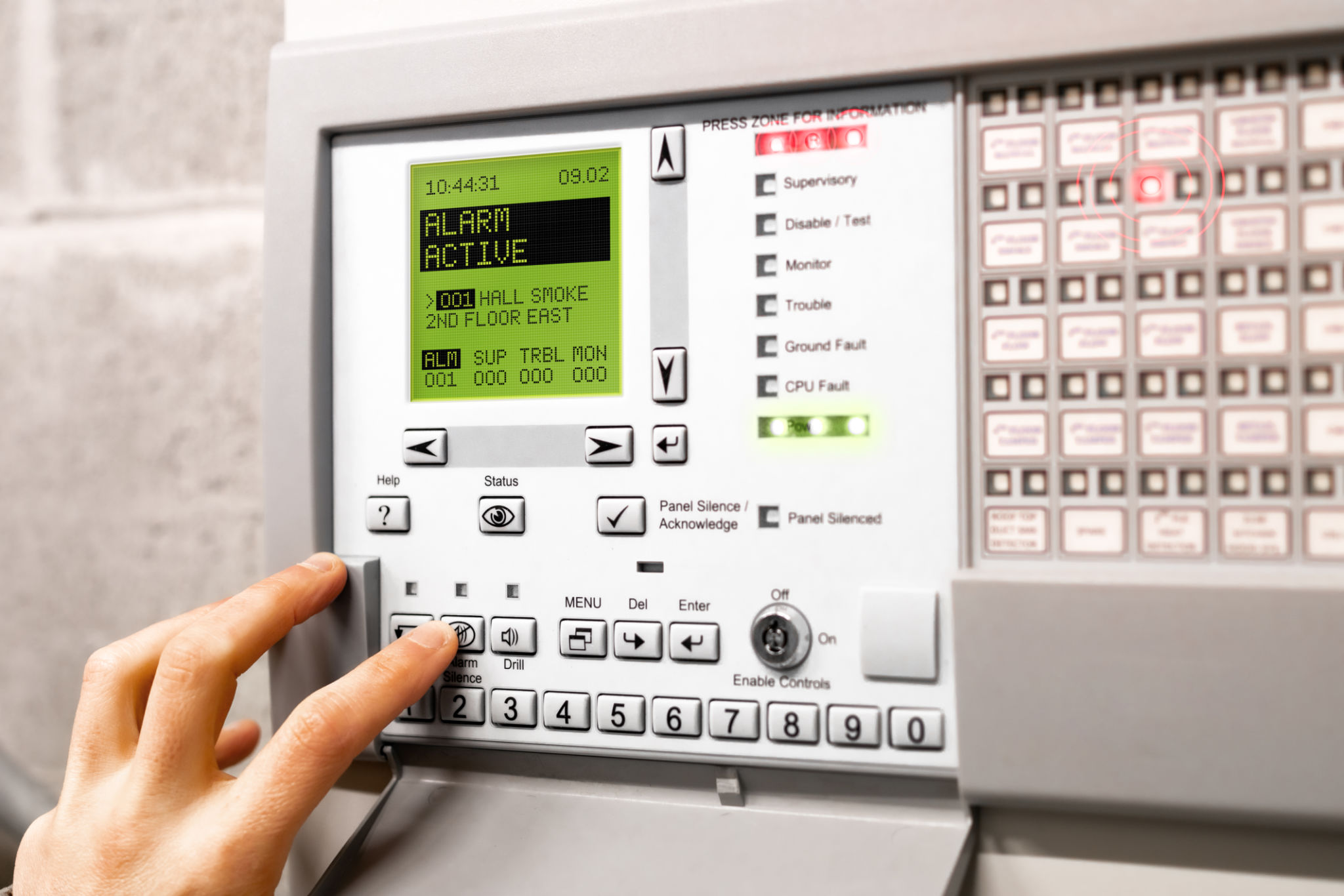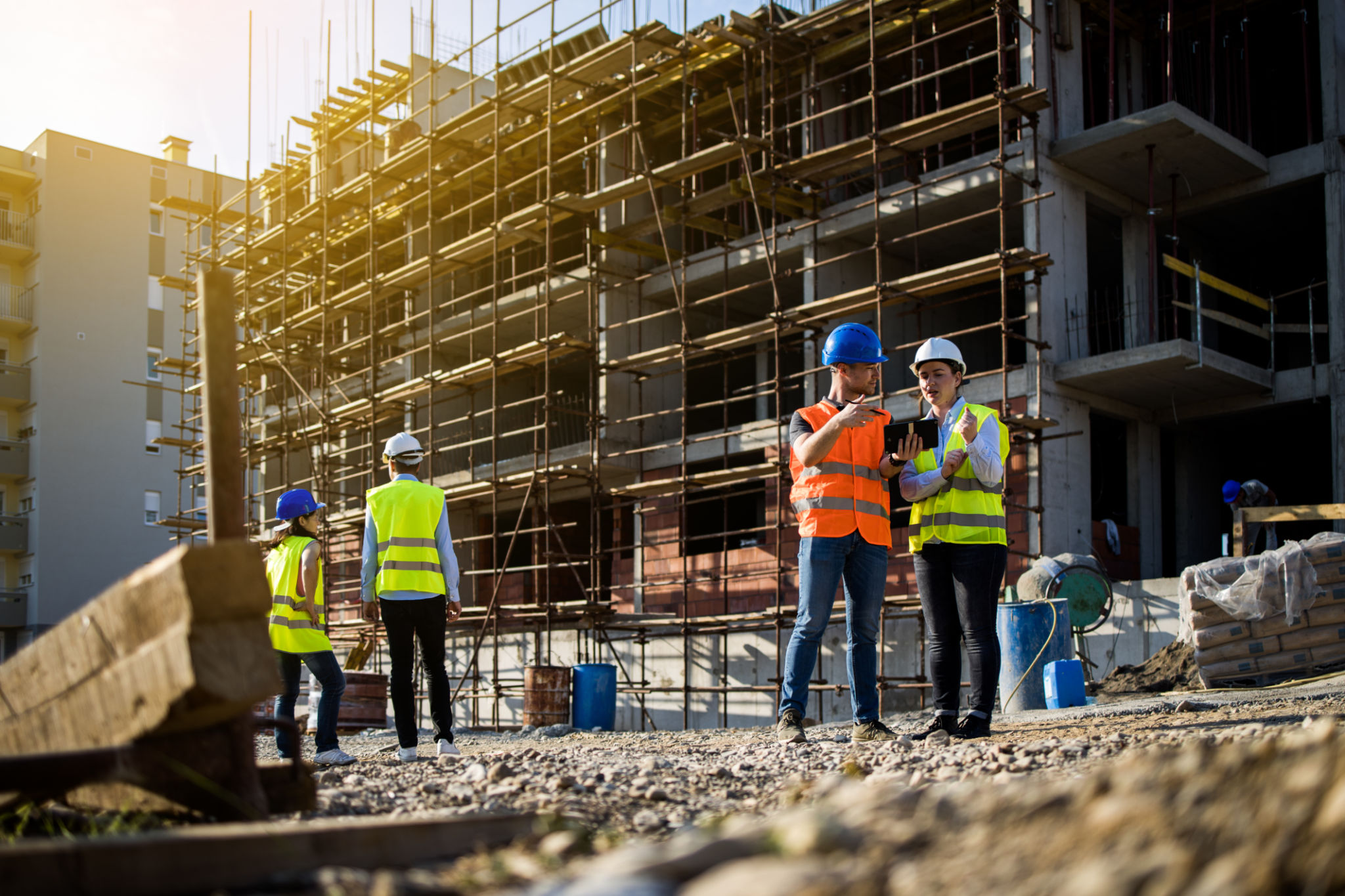The Importance of Regular Fire Alarm Maintenance and Testing
Understanding the Role of Fire Alarms
Fire alarms are a crucial component in ensuring the safety of any building, whether it's a home, office, or industrial facility. These systems are designed to detect smoke and fire, providing an early warning that can be the difference between life and death. With the advancement in fire alarm technology, it is now possible to have systems that are highly sensitive and capable of immediate response.
Despite their importance, fire alarms are often overlooked when it comes to regular maintenance. This negligence can lead to catastrophic consequences. Regular maintenance ensures that the system is always in optimal working condition and ready to alert occupants in the event of a fire.

Benefits of Regular Maintenance
Regular fire alarm maintenance offers numerous benefits that go beyond just compliance with safety regulations. It enhances the reliability of the system, ensuring that it functions correctly when needed most. By investing in regular checks, building owners can significantly reduce the risk of false alarms, which can be both costly and disruptive.
Maintenance also extends the lifespan of the fire alarm system. Like any other technology, fire alarms are subject to wear and tear. Regular inspections and servicing help identify potential issues before they become serious problems, saving money in the long run.
The Process of Fire Alarm Testing
Fire alarm testing is a systematic process that involves several steps to ensure that all components of the system are working properly. This includes testing the smoke detectors, control panels, and alarm sounders. Each component plays a critical role in the overall effectiveness of the system.
- Visual Inspection: The first step involves a visual check to identify any physical damage or obstructions.
- Functional Testing: This step involves activating the alarms to ensure they produce sufficient sound levels and testing smoke detectors using test smoke.
- Control Panel Check: Ensuring that the control panel is receiving signals from all detectors and is functioning correctly.
Legal and Safety Requirements
Adhering to legal requirements is another important aspect of fire alarm maintenance. Many localities have strict regulations regarding fire safety systems in buildings, often requiring regular maintenance records and compliance checks. Failing to meet these requirements can result in hefty fines and legal issues.
Moreover, regular maintenance ensures compliance with insurance policies. Insurers often require evidence of regular testing and maintenance as part of their coverage conditions. Without such evidence, a claim related to fire damage might be rejected.

Choosing a Professional Maintenance Service
While some basic maintenance tasks can be performed by building staff, it is advisable to engage professional services for comprehensive testing and servicing of fire alarm systems. Professionals have the expertise and tools necessary to conduct thorough inspections and address any potential issues effectively.
When selecting a service provider, ensure they are certified and have a proven track record in fire alarm maintenance. A reliable service partner will offer scheduled maintenance plans that align with industry standards, ensuring peace of mind for building owners and occupants alike.
The Impact on Building Safety
Ultimately, regular fire alarm maintenance plays a pivotal role in enhancing building safety. It assures occupants that they are protected by a reliable system that will alert them in time to evacuate safely during an emergency. Furthermore, it contributes to creating a culture of safety within the building, encouraging everyone to be vigilant about potential fire hazards.

In conclusion, prioritizing regular fire alarm maintenance is not just about compliance or prolonging equipment life; it's about safeguarding lives. By understanding its importance and implementing a routine schedule for checks and testing, building owners can ensure their properties remain safe havens for all who enter.
